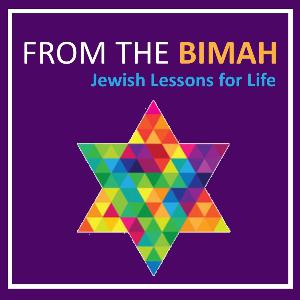Talmud Class: Icarus and Us
Description
Icarus has so much to say to us now, a few weeks before Rosh Hashanah.
According to Greek mythology, Icarus flew too close to the sun with wings made of feather and wax. The sun’s heat melted the wax, and Icarus fell into the sea and drowned.
In 1560, the Netherlandish master Peter Bruegel the Elder painted a masterpiece entitled Landscape with the Fall of Icarus. This painting is now displayed in a museum in Brussels. The title is so evocative. To Icarus, no story was more important than Icarus. To Icarus, his flying so high, falling so low, and meeting an untimely end in a cold sea in a cold world was all-important. It was THE story. But there is a broader landscape where the fall of Icarus was not only not the story. It was not noticed at all. There are three peasants each doing their thing, plowing, herding and fishing. They are totally absorbed in their own world. They neither see nor care about Icarus.
The pathos of the painting—the desperate pain of one, utterly unseen by others—has inspired poetry by William Carlos Williams and W.H. Auden. The last stanza of Williams’s poem expresses this dissonance so clearly:
a splash quite unnoticed
this was Icarus drowning
The painting, and the poetry of Williams and Auden, convey the world as it is: a splash quite unnoticed. Judaism has a lot to say here. Hillel’s famous teaching in Pirkei Avot is a response. Hillel would not be comfortable with the three peasants not seeing and not caring. Yes, they have their own lives to attend to. That is legitimate. But Icarus drowned. How could they not notice? In attempting to move the dial on human indifference, Hillel teaches:
If I am not for me, who will be?
If I am for myself alone, what am I?
And if not now, when?
(Pirkei Avot 1:14 )
This dialectic of Hillel animates our High Holiday liturgy.
Take a look at Bruegel’s masterpiece. Who are the three peasants today? Who is Icarus today? Where are we in the paining? Who and what are we not seeing? What are we focused on? What is our version of plowing, herding and fishing? What does Hillel say to us?





